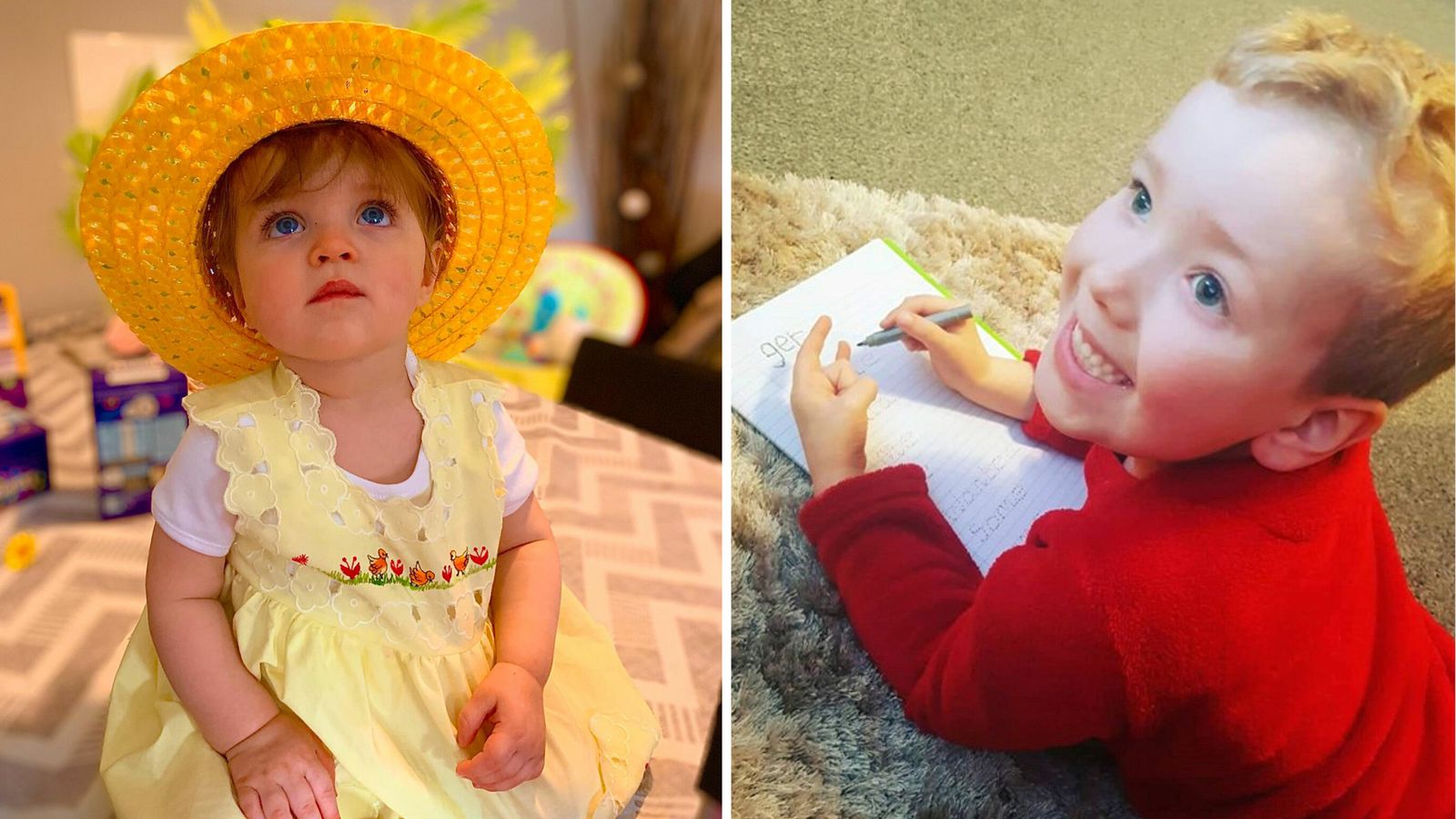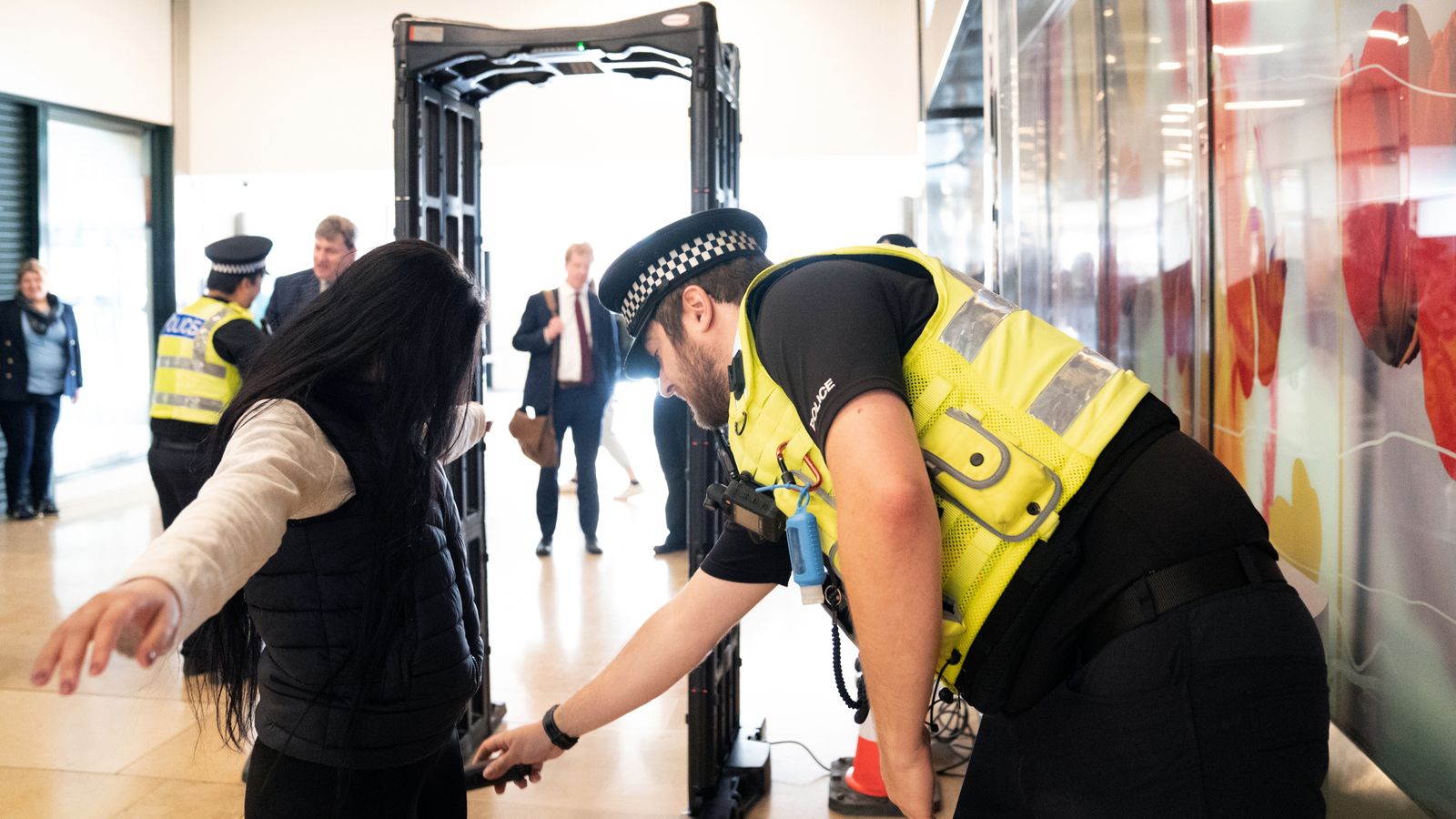A review into the deaths of Arthur Labinjo-Hughes and Star Hobson has called for dedicated child protection teams made up of police, healthcare staff and social workers to be set up in every local area.
The Child Safeguarding Practice Review Panel said the way child protection is approached in England needs to “change fundamentally”.
Its national review found that the fatal abuses suffered by Arthur, six, and Star, 16 months, “are not isolated incidents”, but reflective of wider problems with poor information sharing and weak decision-making.
It recommends dedicated multi-agency teams staffed by experienced child protection professionals be set up in every local authority area to investigate allegations of serious harm to children.
Read more:
The chilling parallels between the murders of Star Hobson and Arthur Labinjo-Hughes
My lover murdered my daughter in a jealous rage, Star Hobson’s jailed mother tells family
And the Government should establish a national child protection board to better co-ordinate child protection policy.
In a foreword to the report, review chairwoman Annie Hudson said the current safeguarding system is not broken, but there is too much ambiguity and inconsistency which does not serve children, their families or professionals well.
Judges reviewing sentences of notorious killers including Wayne Couzens and Ian Stewart
Arthur Labinjo-Hughes: Children potentially left ‘at risk of significant harm’ by Solihull services, inspection finds
Arthur Labinjo-Hughes: Sentences for boy’s father and stepmother referred for being too lenient
Existing multi-agency safeguarding arrangements “are not yet fit for purpose everywhere” she added.
The panel interviewed around 80 professionals in Bradford, Birmingham and Solihull; the children’s family members, including Star’s mother and her mother’s partner; and drew on 1,500 rapid reviews of serious incidents since it was formed.
It found that child protection work is inherently complex, but the current system does not give professionals the best opportunity at cutting through this complexity “to get to the truth of what life is like for children”.
It said existing multi-agency arrangements for protecting children are more fractured and fragmented than they should be, and “promising approaches” are implemented patchily across the country.
And it identified a reliance on quickly pulling together a team from overstretched agencies every time there is a child protection concern, which is “certainly inefficient and often ineffective”.
‘A lasting scar on the nation’
The review noted the importance of challenging assumptions and biases relating to culture, ethnicity, gender and sexuality when safeguarding children.
And the role of women in perpetrating abuse may have impacted on how professionals perceived the risk to children.
Sir Peter Wanless, NSPCC chief executive, said Arthur and Star’s deaths “have left a lasting scar on the nation”.
He said: “It is heart-breaking that it had to take these tragedies to shine a light on the shortfalls in the child protection system.
“Now, we must ensure the memory of Arthur and Star acts as a catalyst for the fundamental changes necessary to prevent further deaths.”









